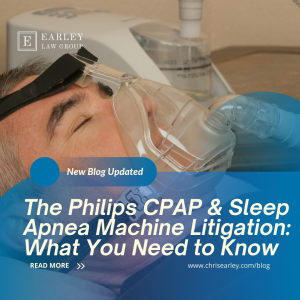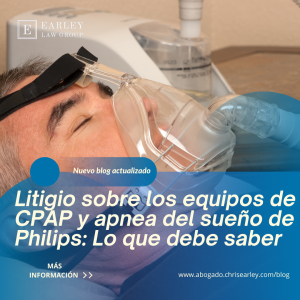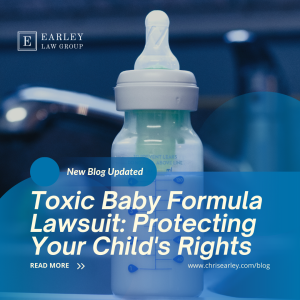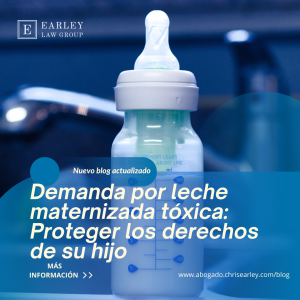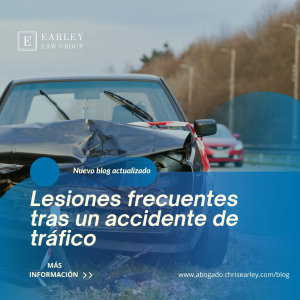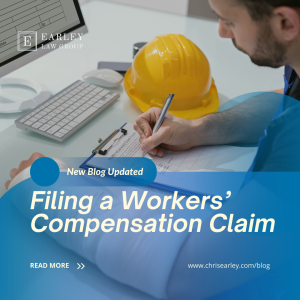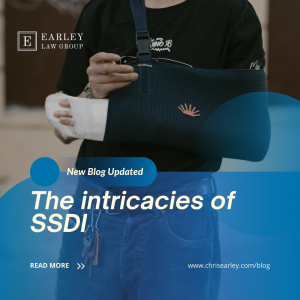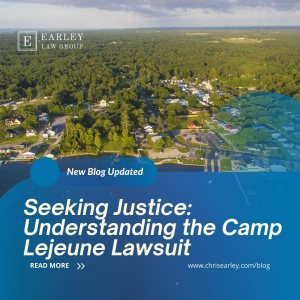
For decades, the United States Marine Corps Base Camp Lejeune in North Carolina was home to thousands of military personnel and their families. However, in recent years, it has become a site of controversy and legal battles due to widespread water contamination that has resulted in serious health issues. In this blog post, we will delve into the Camp Lejeune lawsuit, shedding light on its background, implications, and the pursuit of justice for those affected.
Background:
The water contamination at Camp Lejeune occurred between the 1950s and 1980s when the base’s drinking water supply was contaminated with toxic chemicals, including volatile organic compounds (VOCs) and other carcinogens. These contaminants were traced back to activities such as leaking underground storage tanks and improper waste disposal practices on the base.
 Massachusetts Personal Injury and Workers' Compensation Law Blog
Massachusetts Personal Injury and Workers' Compensation Law Blog



